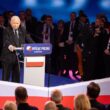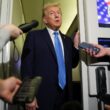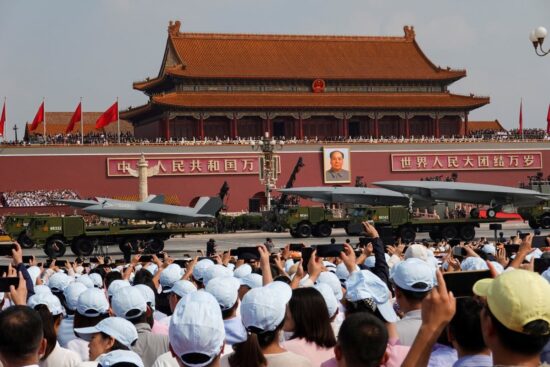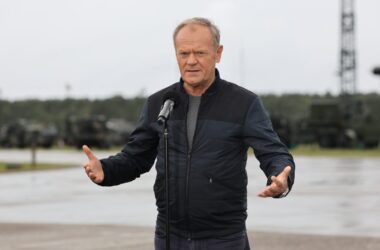China’s top military leaders faced unprecedented purges on October 20, with Xi Jinping ordering the dismissal of 14 senior officers, sparking speculation about internal power struggles.
Scope of the Recent Purges
China’s Central Military Commission (CMC) recently removed two senior Central Party members and two commanders of commission departments—an unprecedented move since the Cultural Revolution—followed by a broader overhaul announced on 20 October that saw five additional generals and admirals dismissed.
Dismissals were formally declared as part of party discipline, effective on the opening of the party plenary session (20‑23 October). Many of the removed officers had ceased performing duties months earlier, indicating the timing was a culmination of earlier internal decisions.
Who Holds the Highest Military Post
The CMC is the supreme body of the People’s Liberation Army, traditionally chaired by the Communist Party General Secretary—currently Xi Jinping—to guarantee party control over the armed forces. Its members include generals and admirals, all chosen by Xi’s inner circle and deemed loyalists.
Official Reasons: Corruption and Discipline
Party statements frame these dismissals as responses to corruption and violations of party discipline, intending to demonstrate that the apparatus cleans itself and that no one is above the law.
The Anti‑Corruption Campaign and Political Warfare
Xi’s anti‑corruption drive, launched in 2012, has simultaneously served to restore legitimacy and to eliminate political rivals, removing those deemed potential threats while tightening loyalty across the ranks.
Unresolved Motives Behind the Sweeping Retrenchment
While some speculate about corruption, experts say the true motivic landscape likely centers on political loyalty, control, and Xi’s implementation of reforms.
Impact of Military Modernization and Reform
The purges coincide with a deep restructuring of the Chinese military, a reform cycle aimed at ending by 2027 that includes organizational overhaul and technology upgrades, potentially triggering setbacks for those entrenched in old structures.
Fear of Lethal Power or Foreign Influence?
There are concerns that the military may question the feasibility of confrontations with the U.S. or the alignment with Russia, or doubt the viability of a forced reunification with Taiwan, though concrete evidence is lacking.
Maintaining State Control Under Autocracy
In authoritarian regimes, keeping the armed forces compliant remains a priority; Xi remains the Commander‑in‑Chief, and current deficits imply no fear of a general uprising, but systemic tensions persist.
Conclusion: The State Apparatus Faces Challenges
The scale of the purge signals that some fundamental issue exists within the power structure, though the precise cause remains opaque, mirroring internal friction typical of strong regimes.










